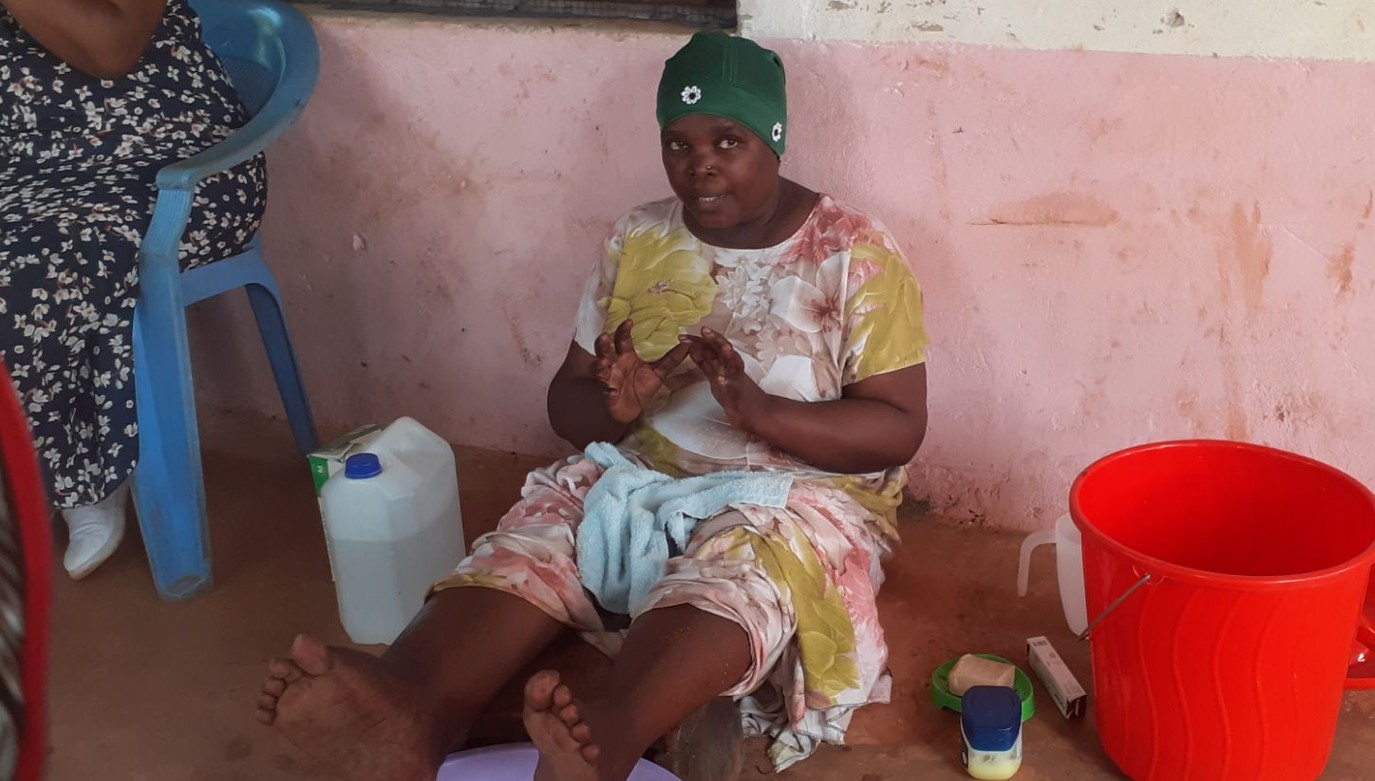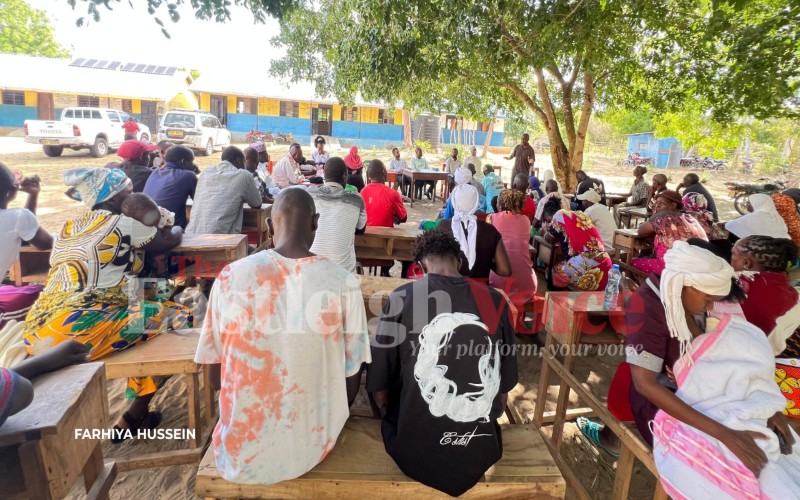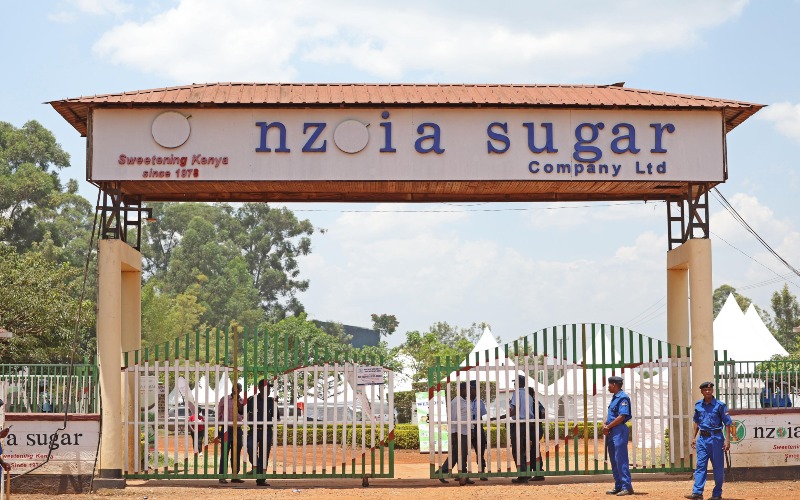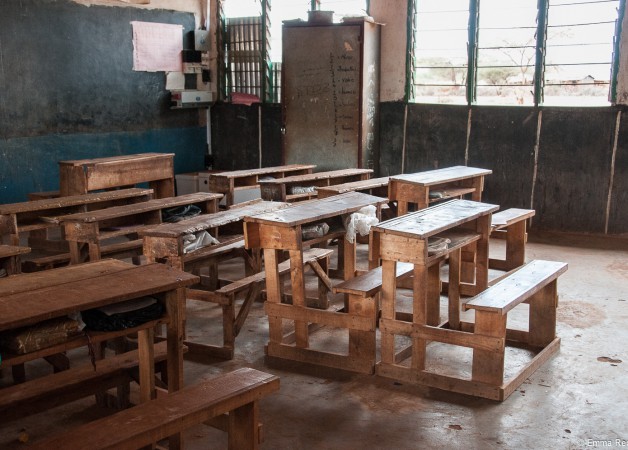From curse to cure: How Kwale communities are beating elephantiasis stigma

Today, Mwanasha is among more than 500 people screened in Kwale this year—part of a quiet revolution changing how the region views and treats lymphatic filariasis or elephantiasis.
For years, in villages scattered along Kwale’s coastline, a swollen leg or arm was more than a medical condition—it was a sentence.
Families whispered of curses and ancestral wrath, neighbours avoided handshakes, and those suffering from lymphatic filariasis, commonly known as elephantiasis, were quietly pushed to the margins of society. In a place where myths often overshadowed medicine, living with the disease meant living with shame.
More To Read
- How Riruta’s upgrade to Level IV hospital is transforming healthcare across Dagoreti
- Nairobi County moves to formalise and regulate childcare sector
- From free to unaffordable: Why more Kenyan women are giving birth at home again
- Kwale’s marginalised communities seek recognition, fair treatment
- From hope to despair: HIV patients left behind by Kenya’s health transition
- Marsabit Senator urges Senate to resolve CHP payment delays, water project setbacks
One of those once condemned to silence is Mwanasha Ali, who vividly remembers the day her life changed.
“I woke up one morning and couldn’t stand. My leg felt as though it was on fire, I vomited constantly, and soon I could barely walk. I tried herbal mixtures, prayers, anything I was told, but nothing worked,” she recalled.
For nearly a decade, Mwanasha stayed hidden indoors, watching life pass by from a mat by the window. Friends stopped visiting, and some neighbours urged her husband, Juma Omar, to abandon her before the so-called curse spread to their children.
“But I refused, I knew there had to be an answer. And now, seeing her walk again gives me hope.”
Years of humiliation
Her story echoes that of Asha Salim, a 42-year-old mother of four from Madango village, who endured years of humiliation.
“I used to hide my leg under long clothes and stopped attending weddings or community events because of the stares,” Asha said.
She added, “People would avoid sitting next to me. I felt worthless.” But her situation changed after joining a local support group formed by health volunteers. “They showed me how to clean and care for my leg. The swelling is now under control, and I have gone back to selling vegetables at the market. I feel part of society again.”
'Punished for unknown sins'
Another survivor, Bakari Bakari, 50, spent much of his adult life convinced he was being punished for unknown sins.
“I went from one traditional healer to another. They told me I had been cursed, and I spent everything I had on rituals that never worked,” he said.
Only after attending a community sensitisation session did he agree to medical treatment.
“Within months, I started walking without pain. My family finally understood that it wasn’t a curse. That realisation healed more than just my body; it healed relationships, too.”
Not witchcraft
That hope came through a community-led health outreach by Amref Health Africa. At a makeshift clinic under a baobab tree, Mwanasha received her first real diagnosis—not witchcraft, but a parasitic disease transmitted by mosquitoes.
Doctors prescribed medication and taught her simple home-care techniques: daily washing with soap, gentle exercises to improve circulation, and methods to manage pain and swelling.
Today, Mwanasha is among more than 500 people screened in Kwale this year—part of a quiet revolution changing how the region views and treats lymphatic filariasis.
Community health promoters
At the centre of this transformation are community health promoters, mostly local women who go door to door educating families, dispelling myths, and ensuring patients follow treatment plans. Their work has built trust where fear once ruled.
“We used to see people hiding because they thought no one could help them. Now they come forward early because they know there’s hope,” said health volunteer Mwanajuma Said.
Alongside these grassroots initiatives, Kwale’s health department and the Ministry of Health have scaled up annual mass drug administration campaigns, distributing albendazole and diethylcarbamazine to kill parasites and stop transmission.
Surgical care for severe cases such as hydrocele is now more accessible, while education drives are breaking the cycle of stigma.
The transformation goes beyond medicine. It is about dignity—mothers returning to market stalls, fathers rejoining fishing crews, and children no longer being mocked at school. It is about communities learning that disease is not a curse, but a challenge they can overcome together.
Top Stories Today











































